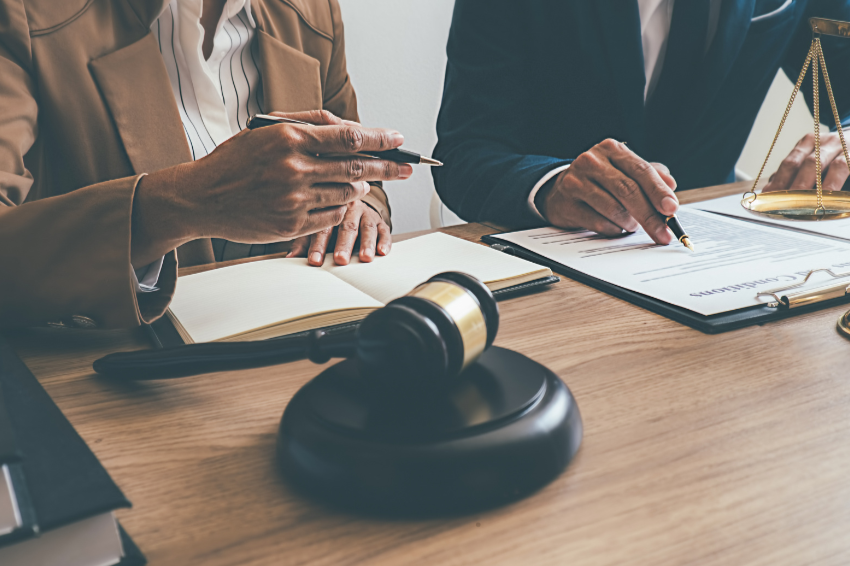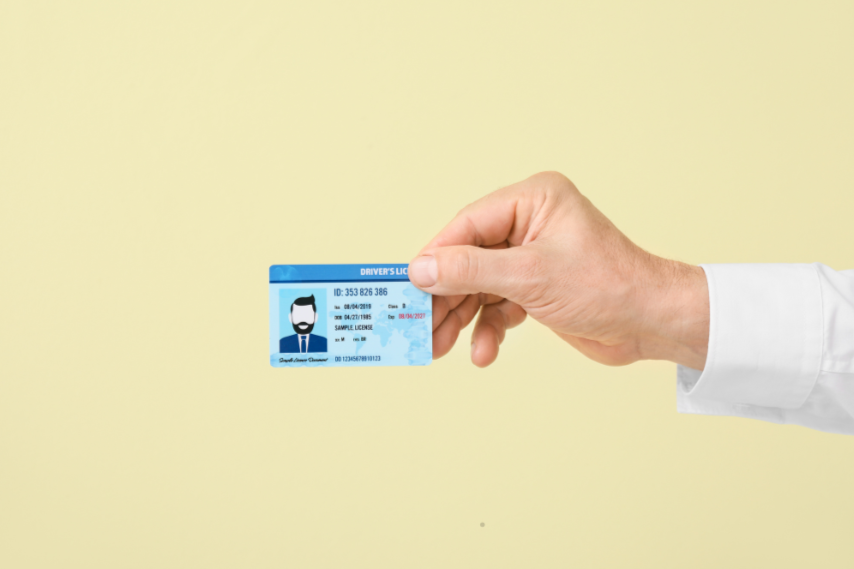What to Bring to Your First Meeting With a Lawyer
Preparing for your first meeting with a lawyer can feel overwhelming—especially if you’ve never needed legal help before. Whether you're dealing with a criminal charge, estate planning, or a civil dispute, bringing the right documents and information will help your attorney evaluate your situation and provide accurate guidance.
At Sutton & Lovette Law Offices, we want every consultation to be productive and efficient. Here's a straightforward checklist of what to bring.
1. Identification and Contact Information
Bring a government-issued ID such as a driver’s license or passport. This helps verify your identity and is especially important for legal matters involving the courts, financial institutions, or notarized documents.
Also include:
Your current address and phone number
Emergency contact (if needed for legal or medical documents)
2. Relevant Legal Documents
Gather all documents related to your case, issue, or legal need. The more complete your file, the better your attorney can assess your options.
Examples include:
Criminal cases: Citations, arrest records, court documents, bail paperwork
Family law: Custody agreements, divorce filings, marriage certificates
Estate planning: Previous wills, trusts, deeds, life insurance policies, lists of assets
Civil matters: Contracts, emails, demand letters, notices, or lease agreements
Personal injury: Police reports, medical records, photos, insurance communications
3. A Written Summary of Events
Even if you have documents, creating a clear timeline of events is extremely helpful. Include dates, names, locations, and a brief overview of what happened. This helps your lawyer quickly understand the context and ask focused questions.
4. Financial Information
Legal matters often involve financial decisions, so come prepared with:
Pay stubs or income details
Tax returns (especially for divorce, support, or estate cases)
Recent bank statements
A list of debts or liabilities (if relevant)
Insurance policies (auto, health, life, etc.)
5. Questions You Want to Ask
Write down any questions or concerns ahead of time. This helps ensure you don’t forget anything important during the meeting.
Examples:
What are the possible outcomes of my case?
What are the next steps?
What will legal fees or retainers look like?
How often will we communicate?
6. Any Communication With Other Parties
If you’ve had communication with law enforcement, opposing counsel, an insurance company, or any other involved party, bring copies of those emails, texts, or letters. This can help your attorney avoid surprises and plan a strategy.
7. Retainer or Payment Method (If Applicable)
If you’re planning to hire the attorney after the consultation, bring a form of payment or be prepared to discuss billing arrangements. Many law firms offer flat rates, hourly billing, or payment plans depending on the case type.
Make the Most of Your First Meeting
The more prepared you are, the more productive your first consultation will be. Your lawyer is there to help, but they can only give accurate legal advice with a full understanding of your situation.
At Sutton & Lovette, we take the time to listen, review your materials thoroughly, and give clear next steps—so you leave your first meeting confident and informed.
Schedule Your Legal Consultation Today
Have legal questions? We’re here to help.
Contact Sutton & Lovette Law Offices to schedule your first meeting and find out how we can assist you.









